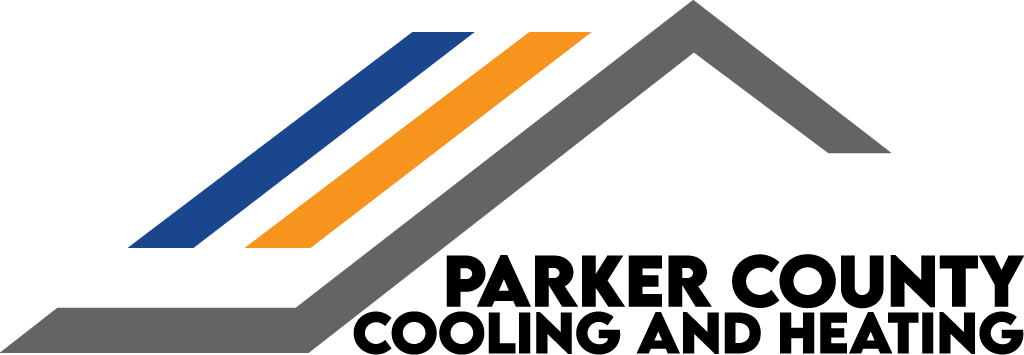
Have you ever performed a double take when you checked your last energy bill? While high energy bills can be the result of severe weather conditions, repeatedly high bills can often signify an inefficient HVAC system or your home is using too much energy because of other means, such as drafty windows or insufficient insulation.
One of the easiest ways to identify whether your home is using too much energy is by calling a home service specialist to perform a home energy audit, also referred to as a home energy assessment. Keep reading to find out more about home energy audits, including what they are and their advantages.
What Is a Home Energy Audit?
An energy audit is a custom inspection of how much energy your home uses up and whether – and where – your home may be losing or wasting energy. An inspector will review previous energy bills during an energy audit to find out where energy is being wasted and how much.
The overall goal of an energy audit is to help homeowners save money on their energy bills by suggesting energy-efficient updates, which might include swapping out your current HVAC system, adding new insulation, plugging up leaks, or replacing loose windows.
Over the course of the energy assessment, the auditor performs an inspection of the outside and inside of your home. The auditor performs a blower door test on doorways, windows and fireplaces to figure out if there are air leaks in your home. They’ll also evaluate your home’s HVAC system, including the ductwork, the water heater, and the insulation in your attic. Some assessments could also include checking your current lighting system.
Benefits of a Home Energy Audit
It can be difficult for the typical homeowner to know for sure how efficient their home is in comparison to other similar homes in their area. However, many energy companies often provide information about where your home ranks in comparison to similar homes and whether it’s more efficient, about average, or inefficient compared to your neighbors’ homes. This can be a useful starting point to decide if you need an energy audit performed.
Several of the benefits of a home energy audit include:
Understanding How Efficient Your Home Is
It’s good to know how efficient your home is and where you’re using the most energy. For example, if your ducts are damaged, it could result in a significant increase in your energy bills and additional wear and tear on your HVAC system since it has to run longer to completely heat or cool your home.
Making Energy-Efficient Upgrades
An energy audit will reveal where you need to make energy-efficient upgrades to conserve energy and lower utility bills. This might include replacing old weatherstripping or installing a new energy-efficient furnace.
Enhancing Health and Safety
Enabling air to slip into your home via doors and windows, or due to a lack of insulation can cause unwanted moisture to build up, which can negatively affect your home’s humidity levels or encourage mold. This can lead to health problems, particularly for people suffering from asthma or allergies.
Adding to Your Home’s Retail Value
Energy-efficient homes are preferred by homebuyers. You can sell your home sooner or for more money by showing possible buyers that it’s energy efficient.
How to Complete an Energy Audit of Your Home
Although performing an energy audit on your own will not be as comprehensive as calling a professional, it’ll offer you a general idea of how energy efficient your home is. If you don’t discover any problems during the DIY test, then you likely don’t need to bring in a professional. Try this step-by-step checklist:
- Review your HVAC system. Broken ducts can lose up to 20% of conditioned air, leading to higher energy bills and greater strain on HVAC equipment. If you find leaks, use duct tape to close them. If your HVAC equipment is old and inefficient, upgrading to a new system can save you a considerable amount on your energy bills. In some cases, it might be better to hire a reputable HVAC company to inspect your system.
- Watch for signs of air leaks. Air leaks on average can increase your energy bills by 10 to 20%. Inside, look for air leaks in areas where there is a draft, such as along the edge of flooring and along baseboards and electrical outlets. Outside, you can inspect for air leaks along the home’s foundation, siding and mortar. Plug, caulk or seal any air leaks to save money.
- Examine insulation. If your home is older, it could mean your insulation is too. If you can see the joists, you likely need more insulation.
- Check ventilation. Make sure that all of your kitchen and bathroom exhaust fans are working properly, and inspect for evidence of rot or moisture.
Contact Parker County Cooling & Heating for a Professional Energy Audit
If you would like professional help determining how energy efficient your heating and cooling equipment is, contact the HVAC professionals at Parker County Cooling & Heating today. We’ve proudly serviced the residents of Weatherford with quality home services for many years. Contact us today to request an appointment.
